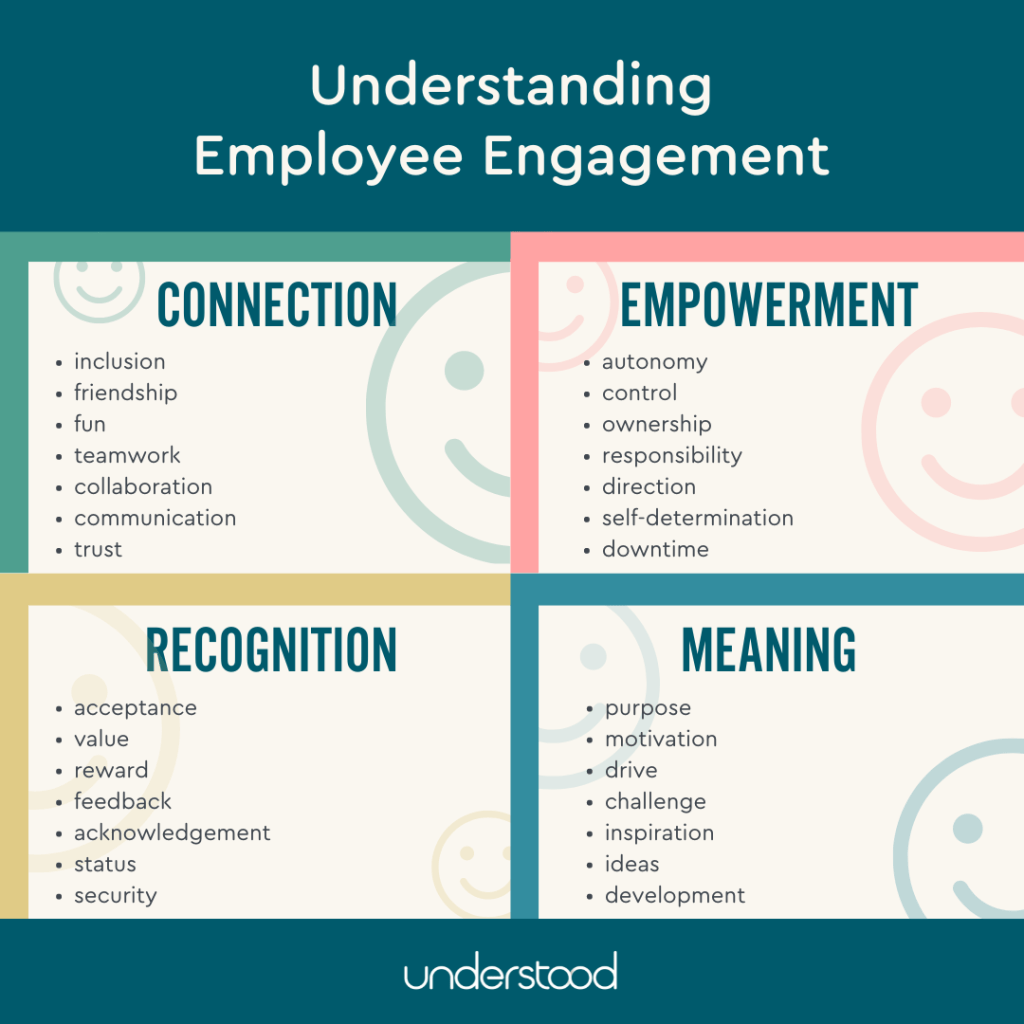
Teacher retention crisis: A case study in employee engagement
By Carolyn Quainton in Employee engagement

I recently read an article with above headline which highlights government’s latest attempts to attract more people to teaching through new incentives. But the focus on ‘lie-ins’ in the headline feels frustrating and misguided.
Society misunderstands teacher workloads
This headline trivialises the real challenges teachers face. When people discuss teacher workloads, they often fall back on the “long holidays” argument and ignore the relentless pressure and intensity of the school term. During my own teaching years, my body would always give in to illness as soon as the holidays began, only then could I finally start to relax.
A personal perspective: my experience as a teacher
Teaching feels like another lifetime now, but I still remember the exhaustion. I spent countless late nights planning lessons because I never had time during the day. I rushed through each school day, teaching back-to-back, covering colleagues’ lessons during so-called “free” periods, moving between classrooms, setting up, delivering, managing, and engaging. Sometimes the pace felt energising but more often, it left me completely drained.
When I entered the business world, I couldn’t believe how much time people seemed to have. They arrived late to meetings, walked in unhurried with cappuccinos in hand—bought from cafés outside the office (yes, they were allowed to leave!). That’s when I realised I had grown used to operating at 100mph, late into the night, and anything less didn’t feel like “real” work. My perspective was skewed.
The importance of employee engagement in education
Even though I gave teaching my all, I never felt truly engaged or supported. Years later, after immersing myself in the field of employee engagement, I finally understood why.
Back then, ‘employee engagement’ wasn’t a term I was familiar with. I didn’t understand the importance of feeling empowered, recognised, and connected, elements crucial for any professional to thrive. In teaching, the opposite was often true. I felt trapped, unable to leave the school building even during lunchtime. The lack of autonomy was stifling, making me feel more like a child than a professional adult.
The ‘parent-child’ ego states in schools
This mirrors what Transactional Analysis theory describes as a ‘Parent-Child’ dynamic, where rigid structures and micromanagement replace trust and autonomy. Sadly, many schools operate within this culture, leaving teachers feeling undervalued and infantilised.
Looking back, I see that this lack of agency, now recognised as a key driver of engagement, was the very thing that caused me to disengage. I became rebellious in an “adapted child” state, resisting the constraints around me. Those limitations didn’t just inhibit me, they left me resentful.
This experience shaped my approach as I’ve transitioned into the world of employee engagement. I’ve since come to understand what makes employees stay and what drives them to leave.
At Understood, we talk a lot about the four pillars of employee engagement: Human Connection, Empowerment, Recognition, and Meaning.

The four pillars of engagement: where schools fall short
Reflecting on my teaching days, I see now that many schools miss all four pillars:
- Human Connection. Teachers can feel isolated and unsupported, with little opportunity for genuine collaboration or friendship-building with colleagues. There simply isn’t enough time. Office workers joke about water-cooler conversations but in the world of teaching, these would NEVER happen. You barely have enough time to go to the toilet!
- Empowerment. Almost non-existent. Teachers are often constricted by endless rules, paperwork, and expectations, leaving no room for personal growth or innovation.
- Recognition. The hours teachers put in and the efforts they make often go unacknowledged, let alone celebrated.
- Meaning. While teaching offers purpose through working with students, the broader institutional environment can make teachers feel their contributions go unnoticed and unappreciated.
A call to action: supporting teachers beyond incentives
Reading about teachers leaving the profession now saddens me because I was one of them. As a parent of secondary school-aged children, I’m more aware than ever of how essential teachers are in shaping young lives. From both an employee engagement perspective and my own experience, I can’t stress enough how important it is to make teachers feel valued, not just through pay, but with genuine support, agency, and empowerment.
The idea of offering teachers a later start one day a week is a fantastic step in the right direction. It gives teachers the chance to catch up on life, whether that’s exercising, taking their kids to school, or simply putting a load of washing on. These small pockets of time can make a big difference to wellbeing. But if we’re serious about retaining passionate and dedicated teachers, we need more innovative and thoughtful approaches like this to support their complex and demanding roles.
Applying employee engagement principles across sectors
Now at Understood, I design bespoke learning content and training programmes to engage learners and make learning more impactful. My teaching background informs everything I do. I aim to make training resonate with people, just like I once did with my students.
No matter the profession, I’ve learned that understanding what drives people lies at the heart of employee engagement. That’s why real engagement requires more than perks or incentives. We must create environments where people feel respected, empowered, and genuinely appreciated so they can bring their best selves to work every day.
Talk to us, explore our website, read our blog, and follow us on LinkedIn to learn more and discover ways to grow a more successful business.


